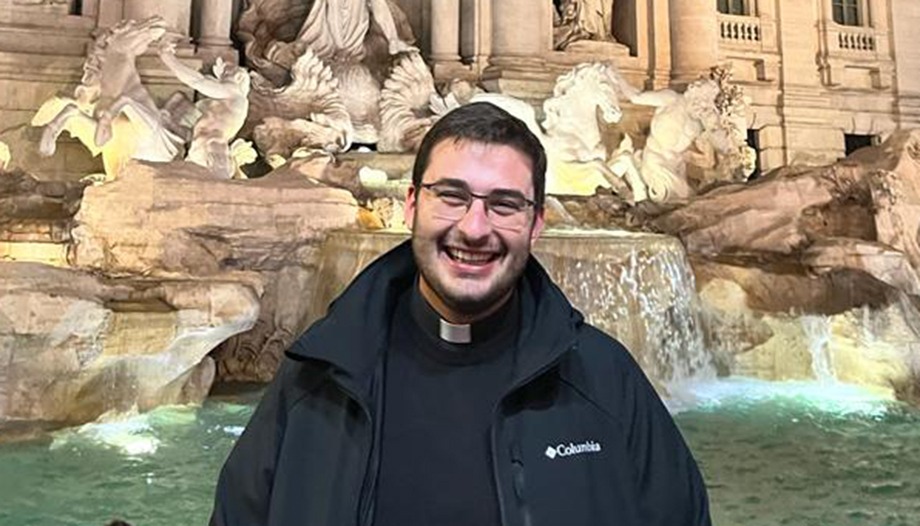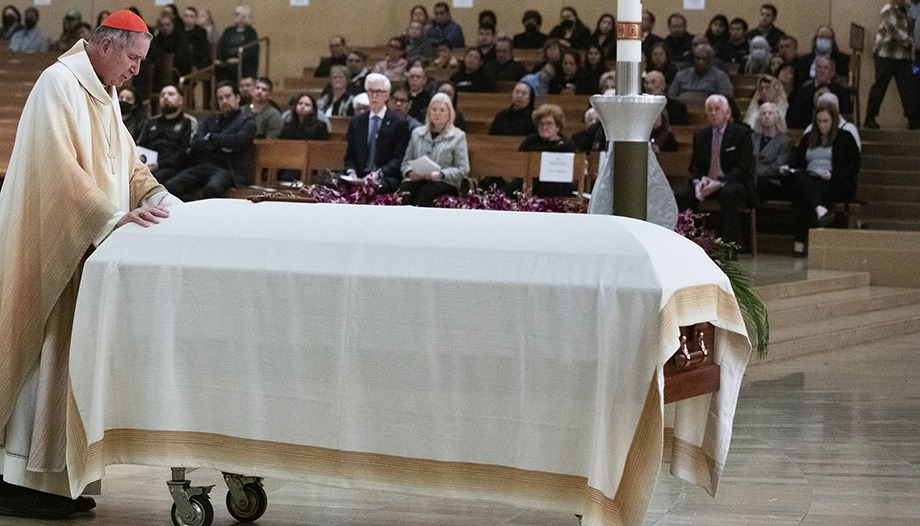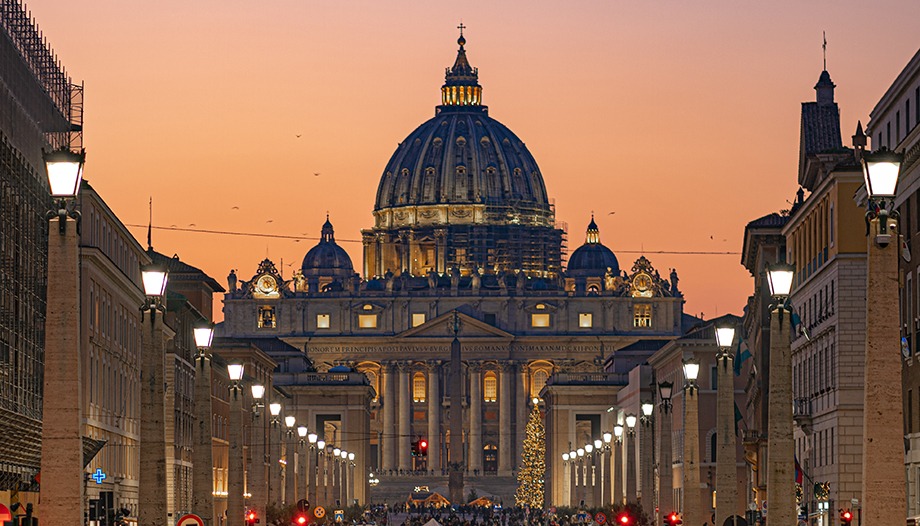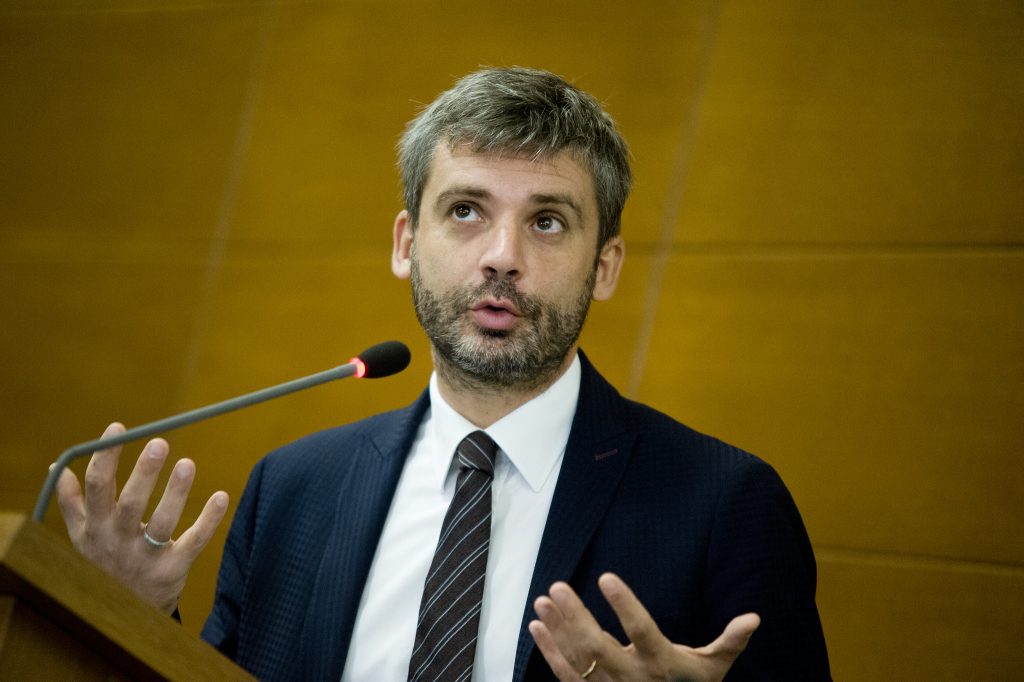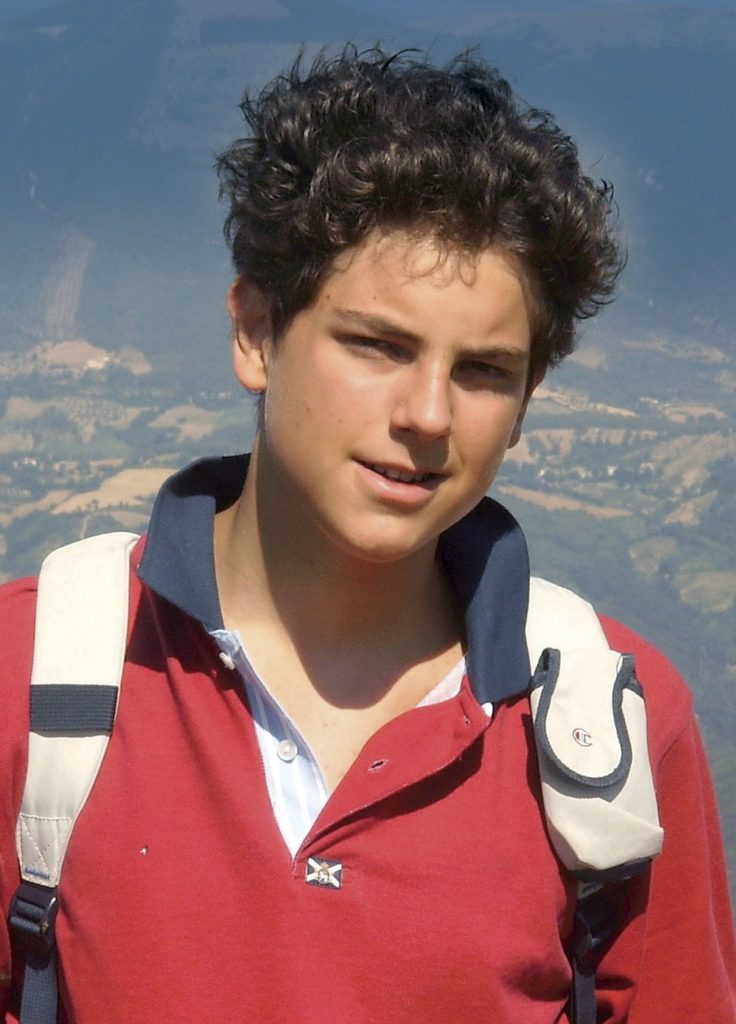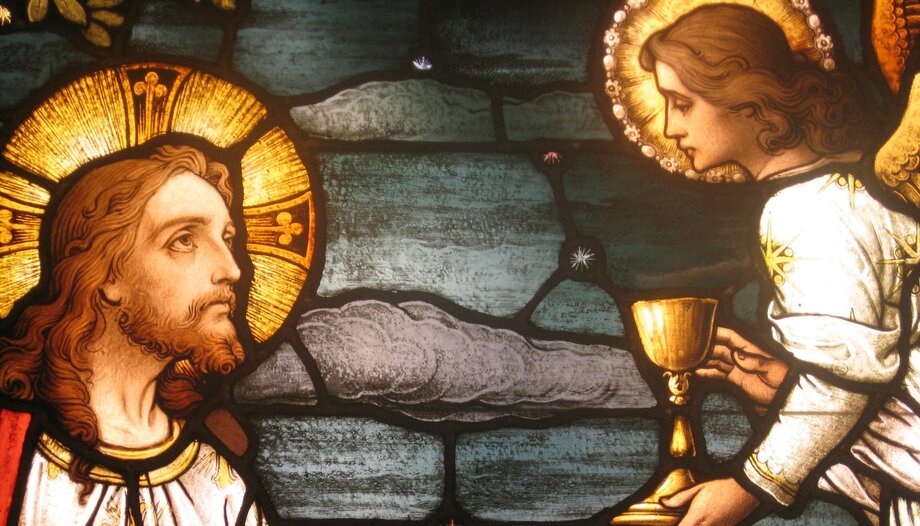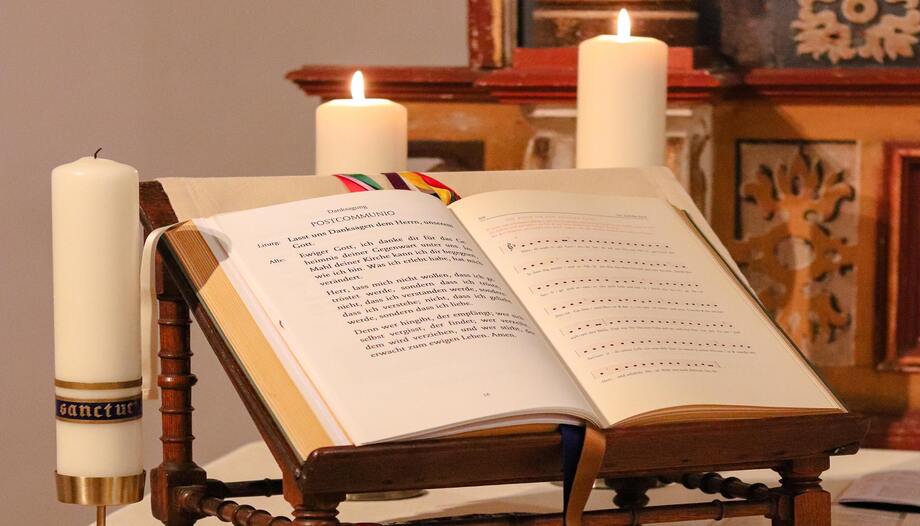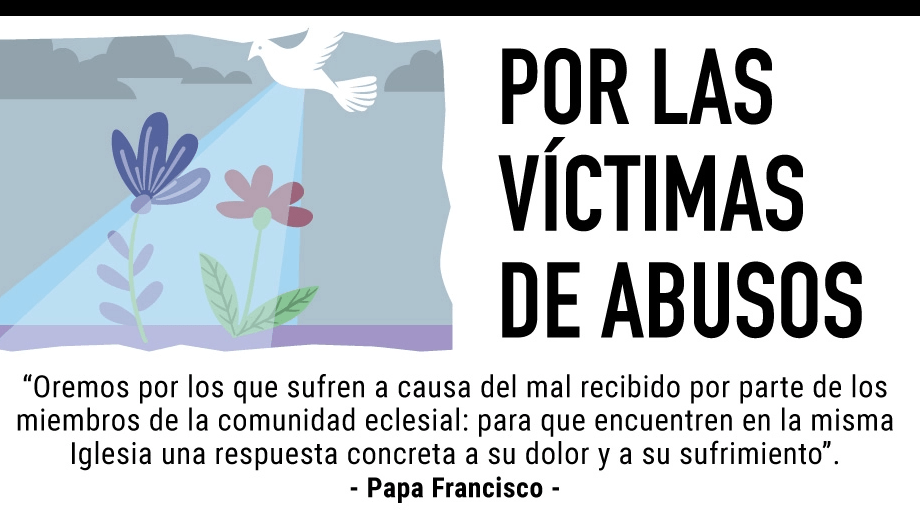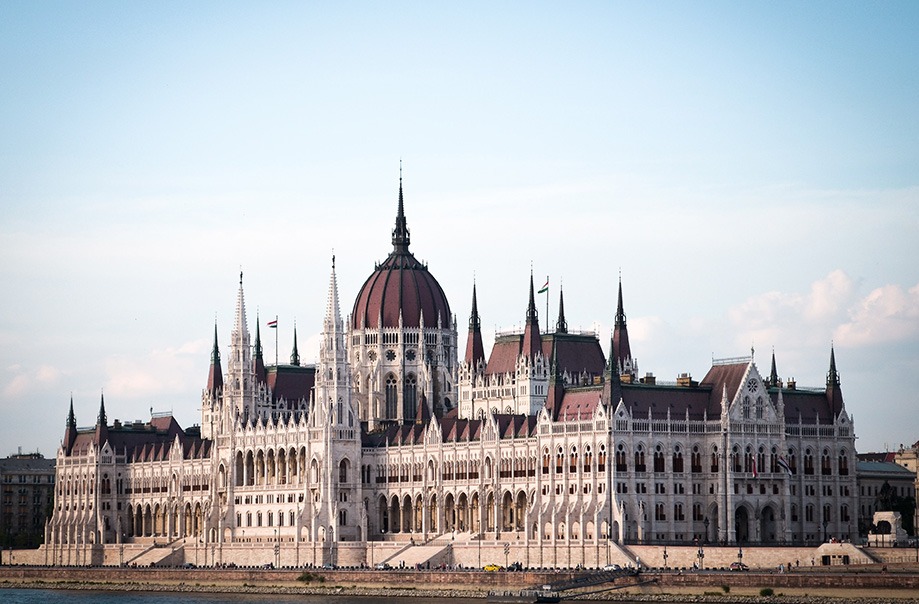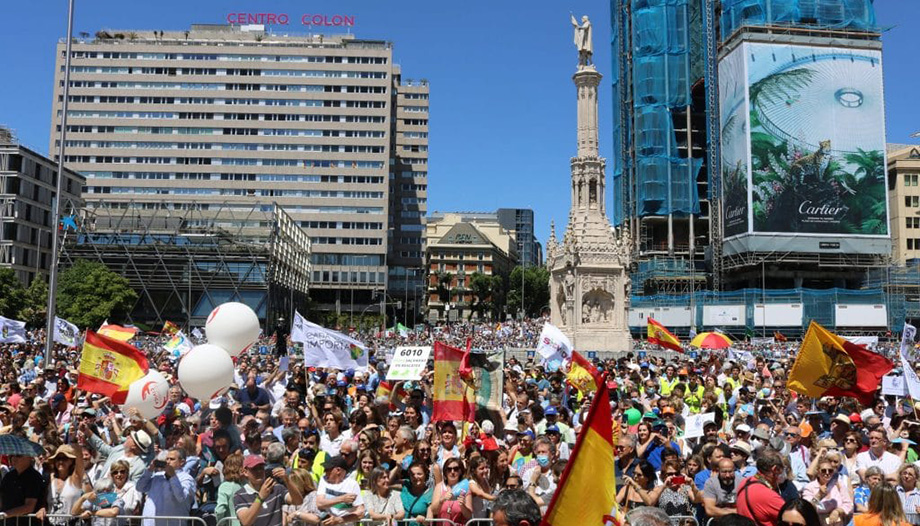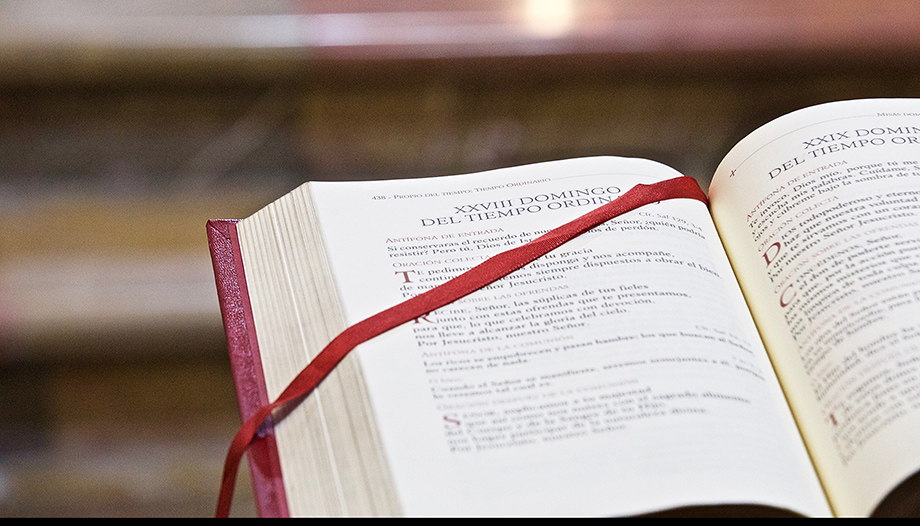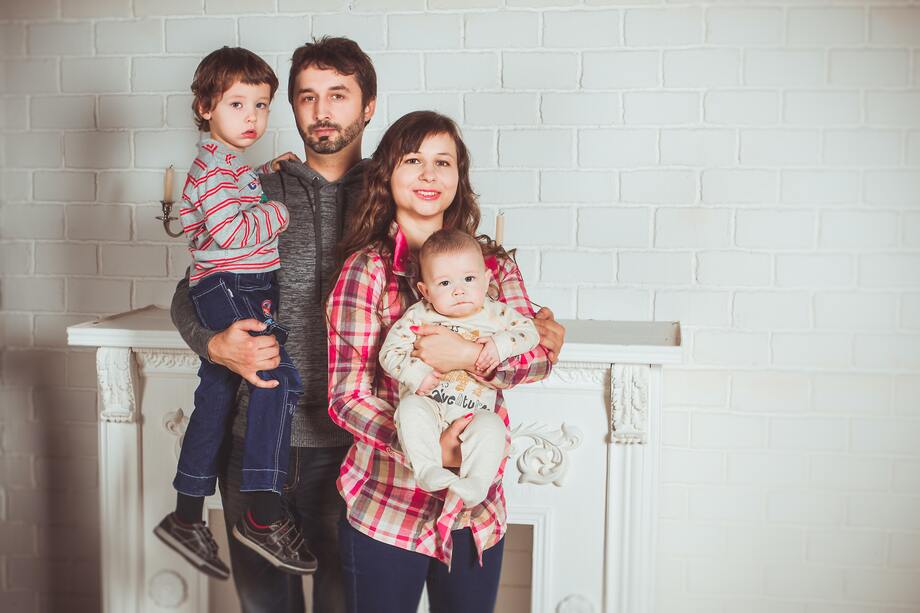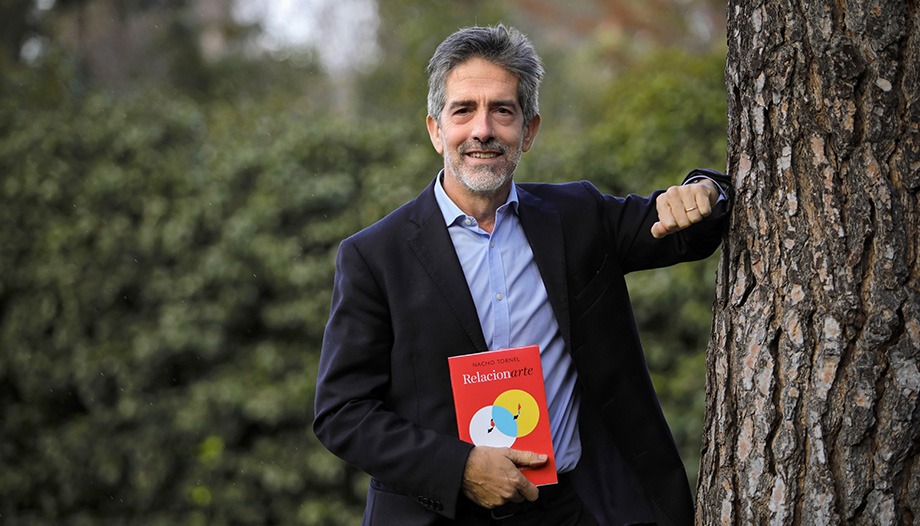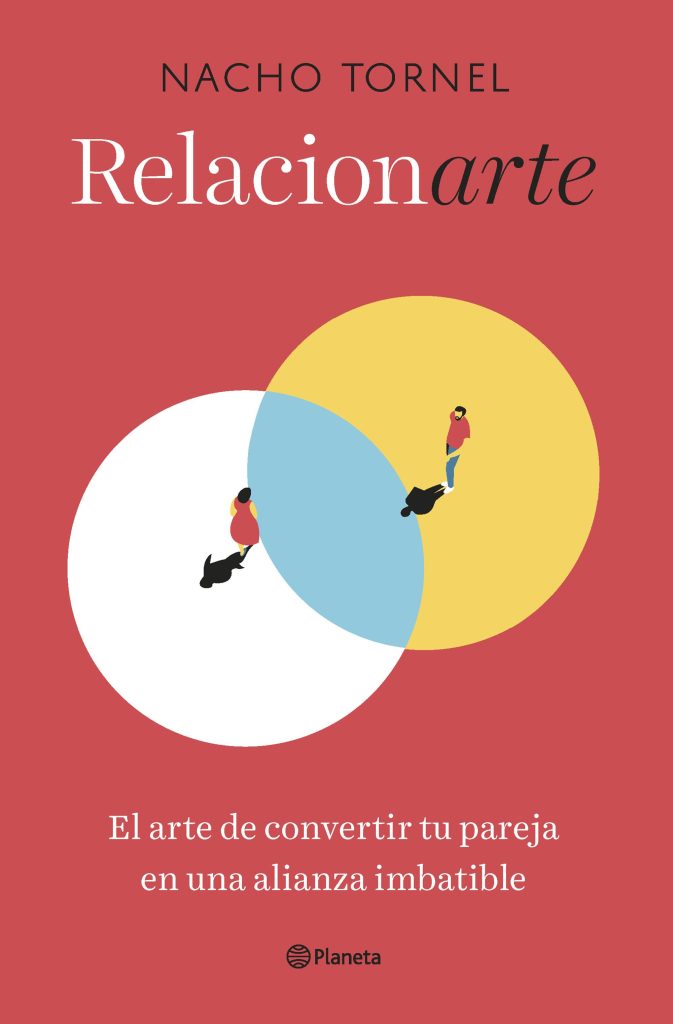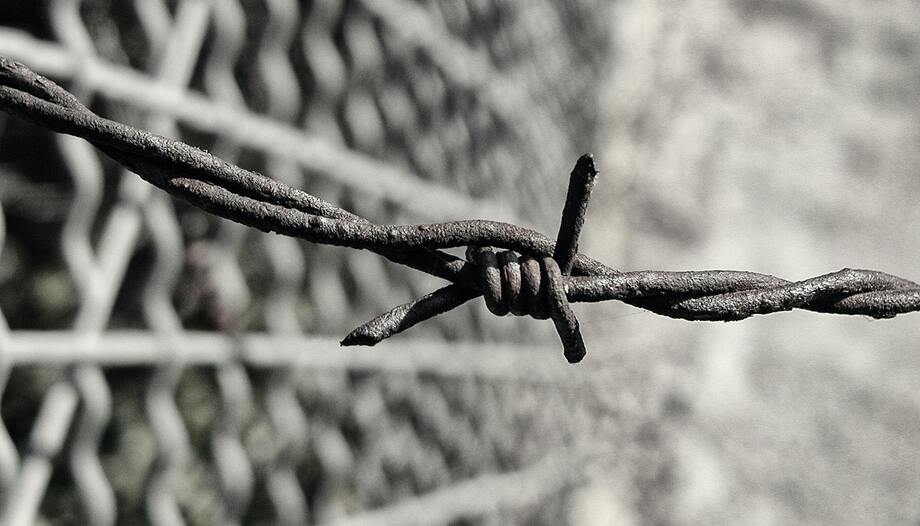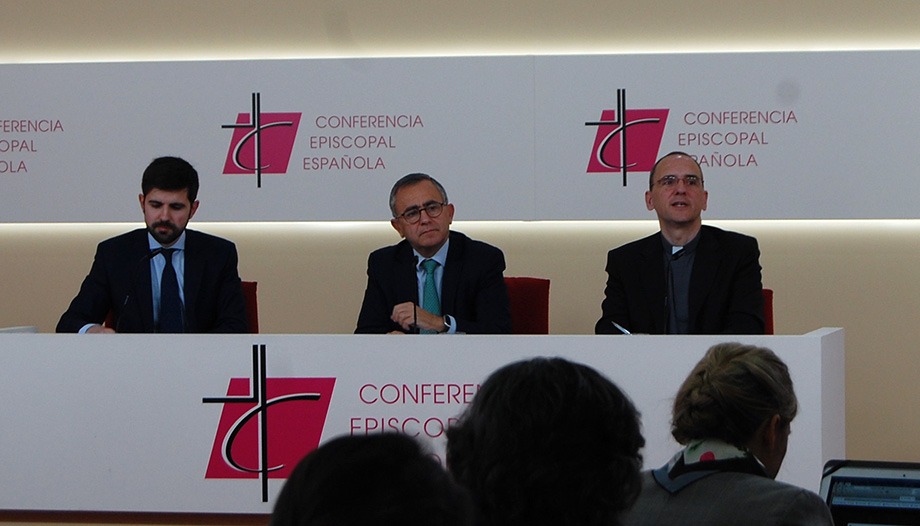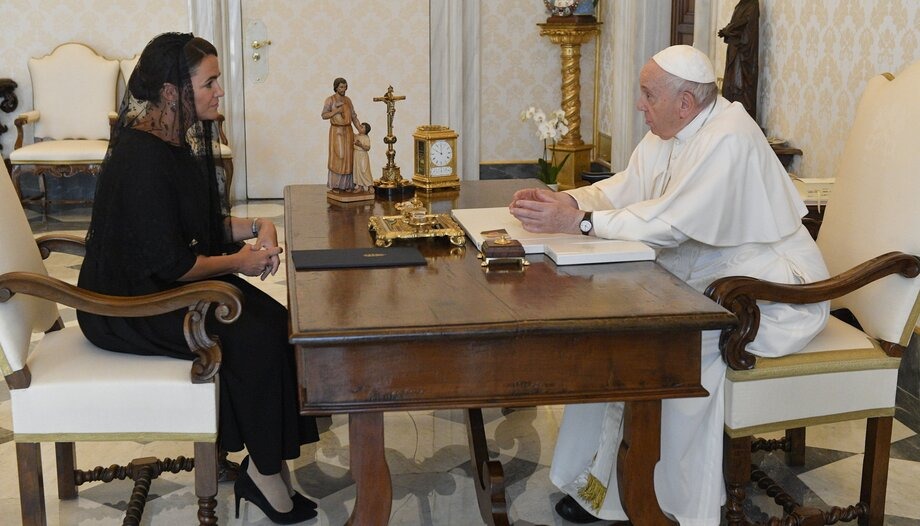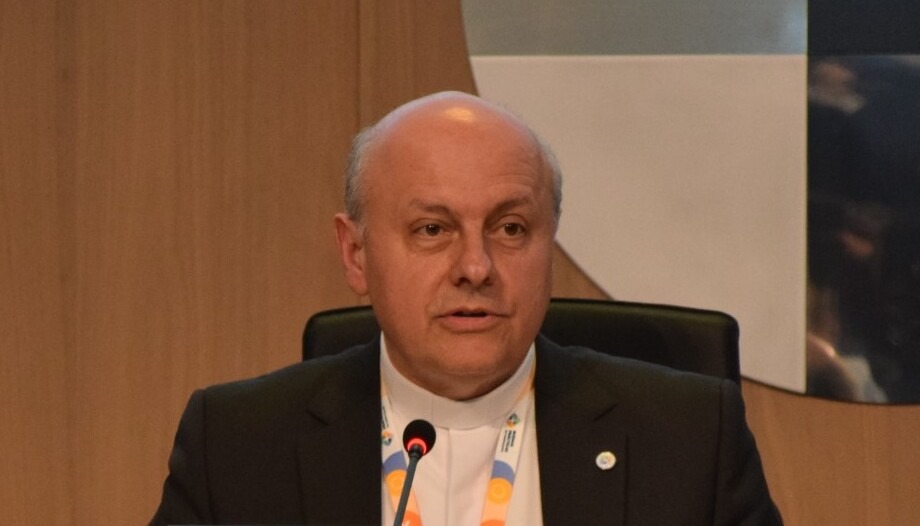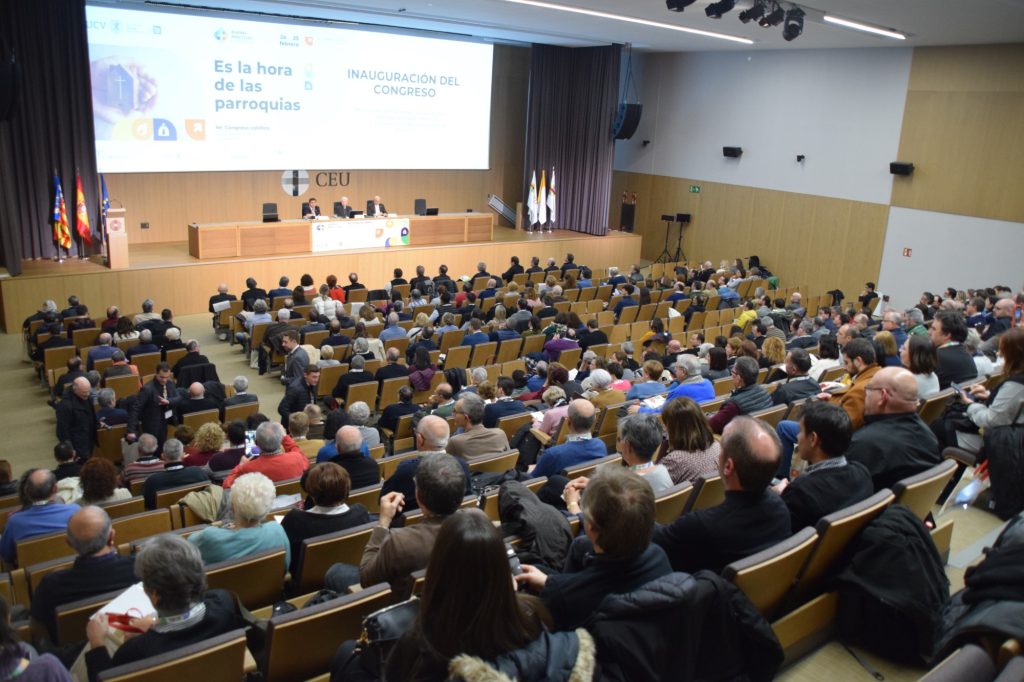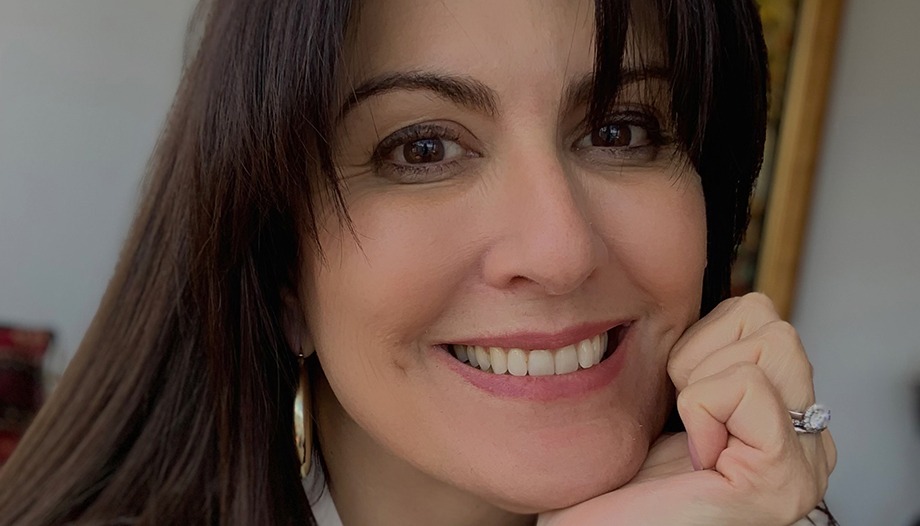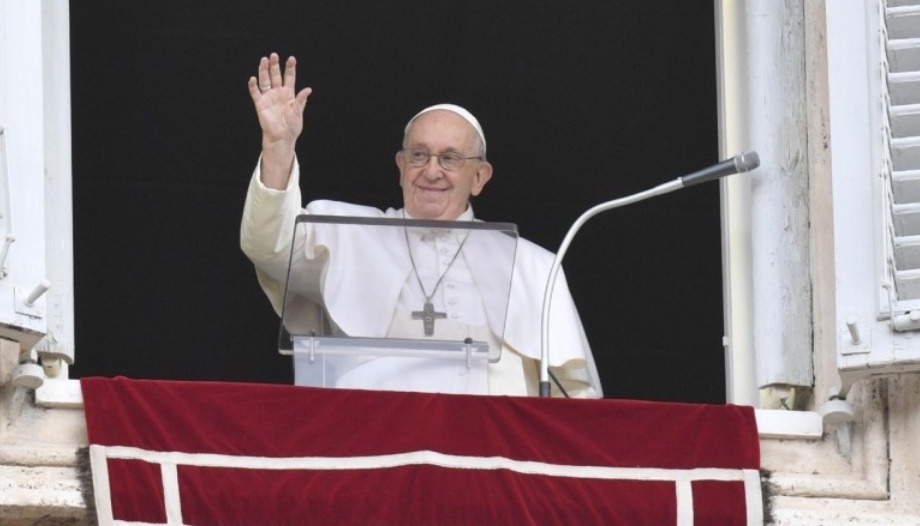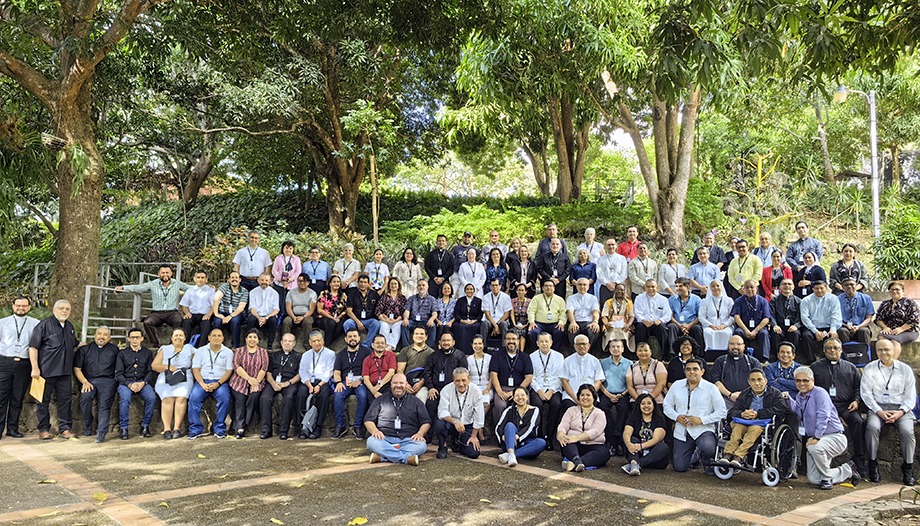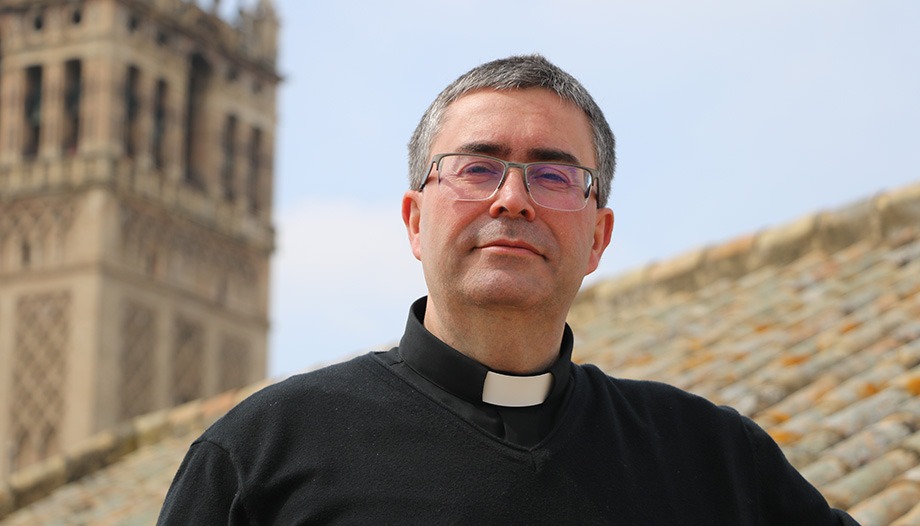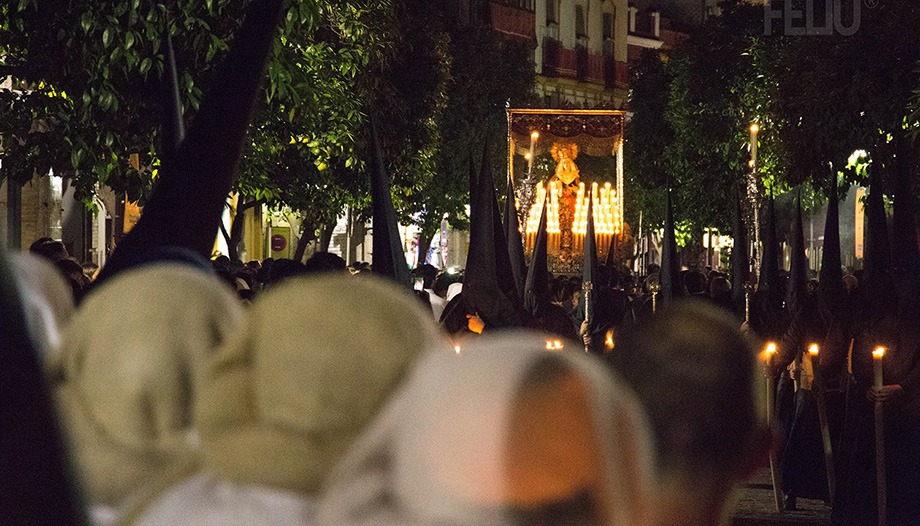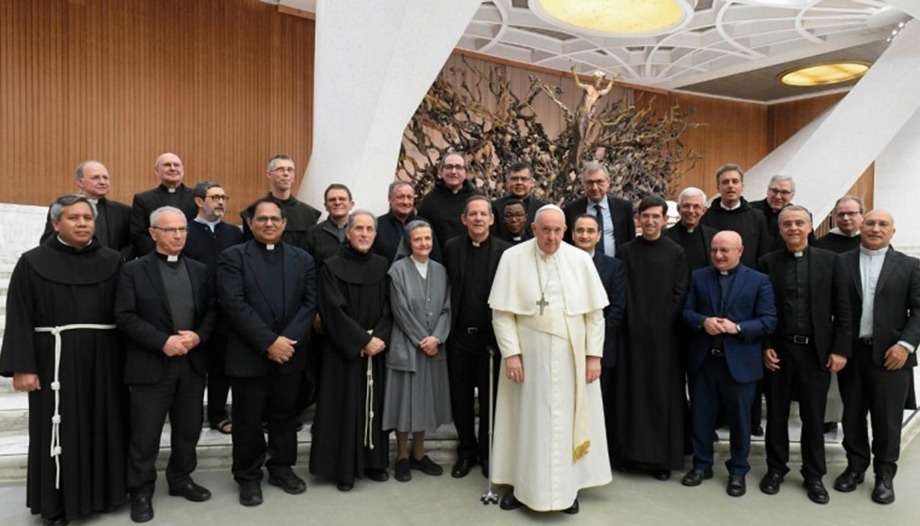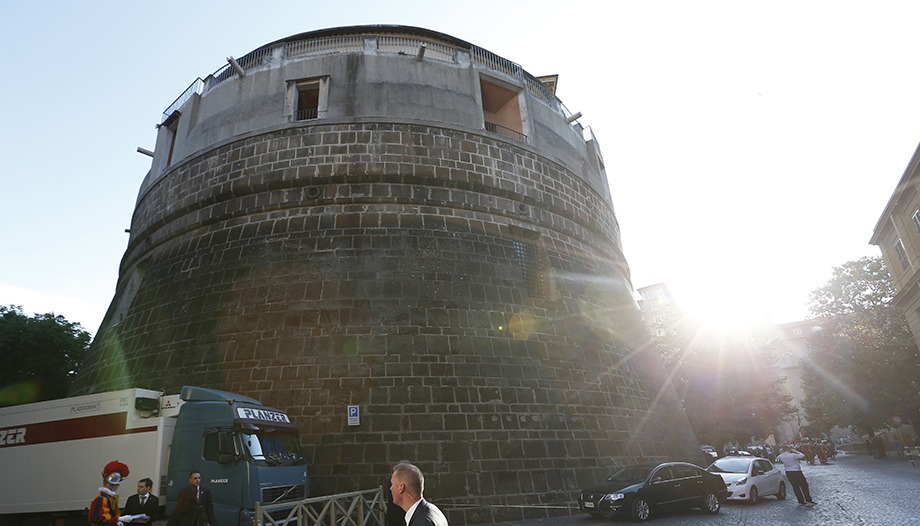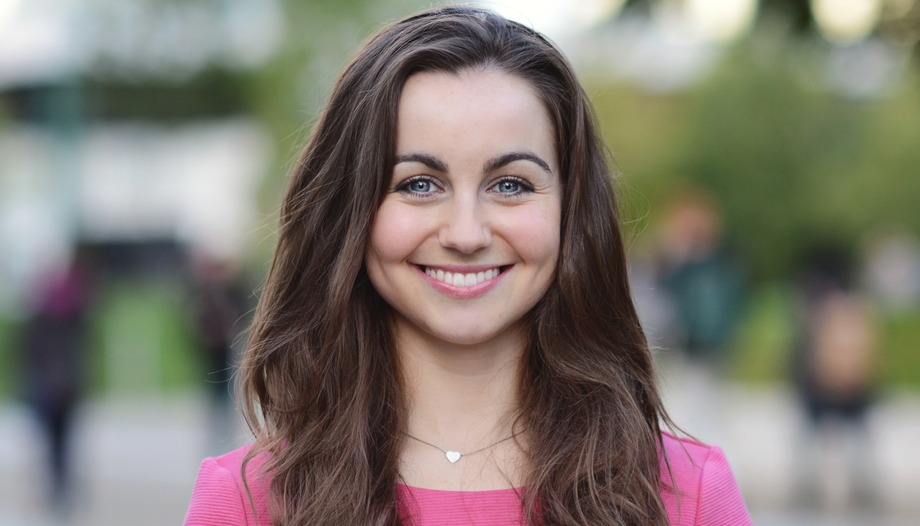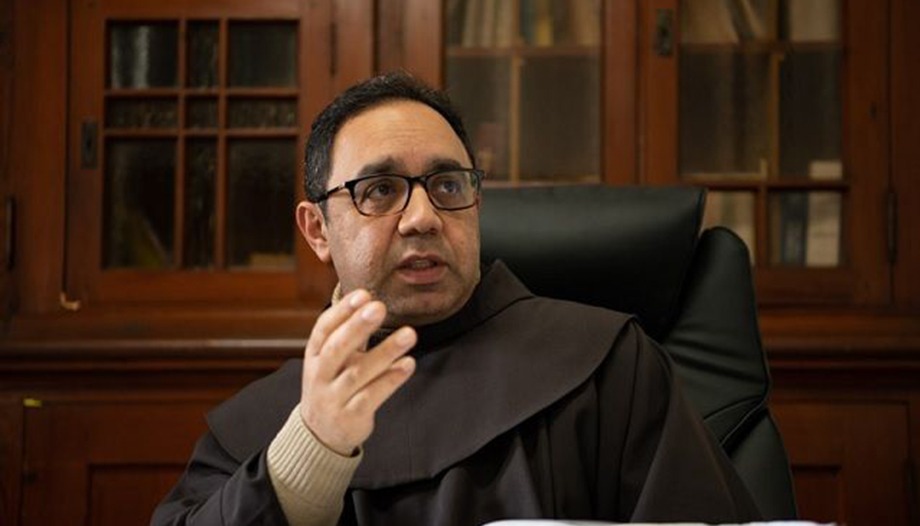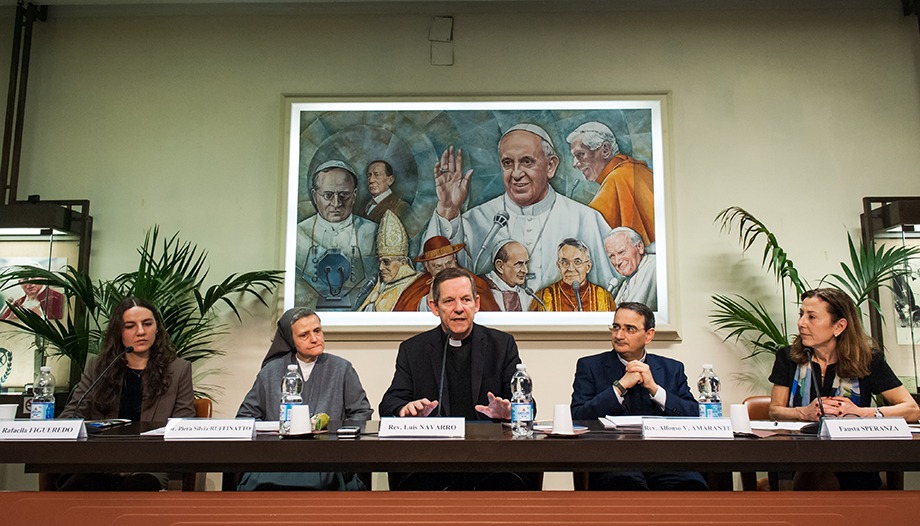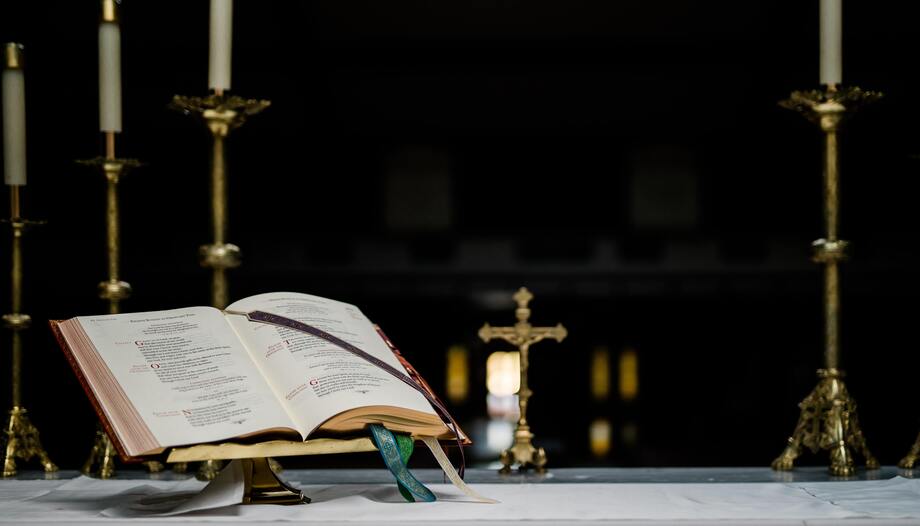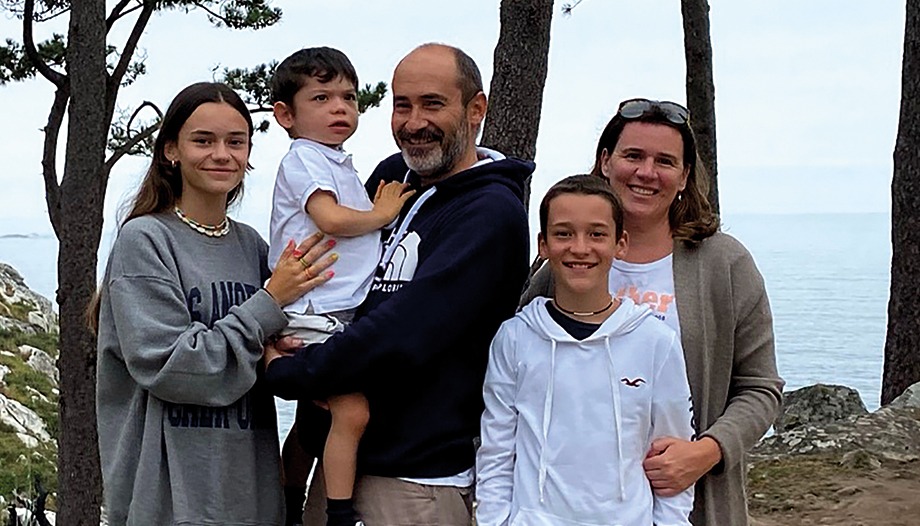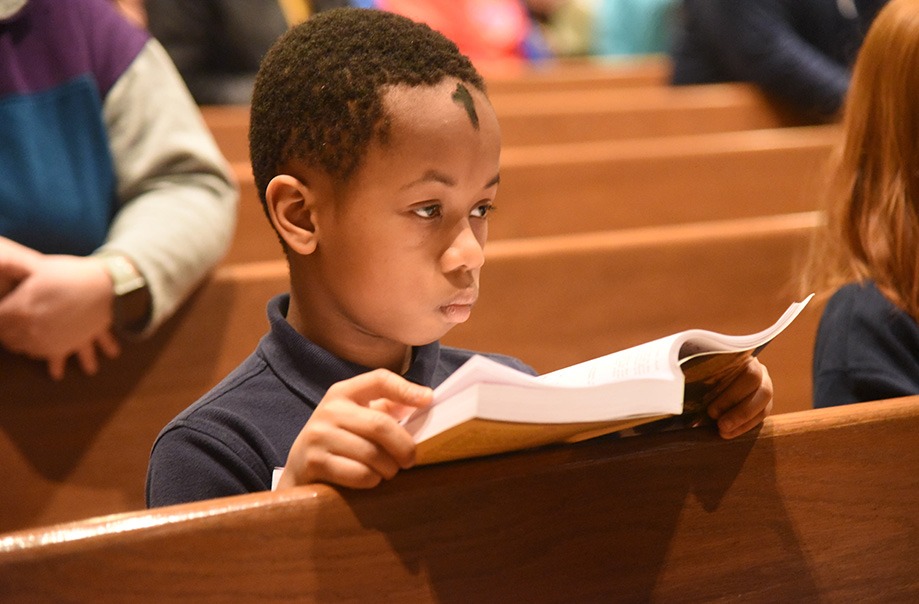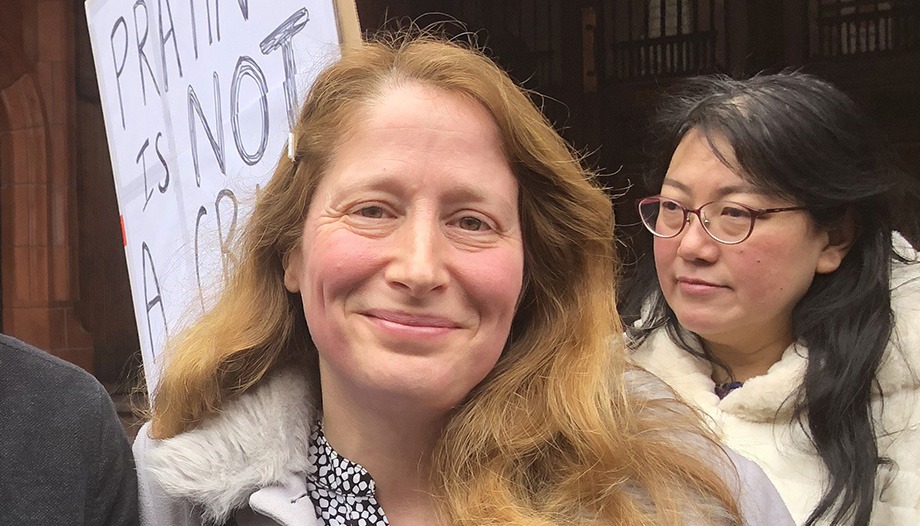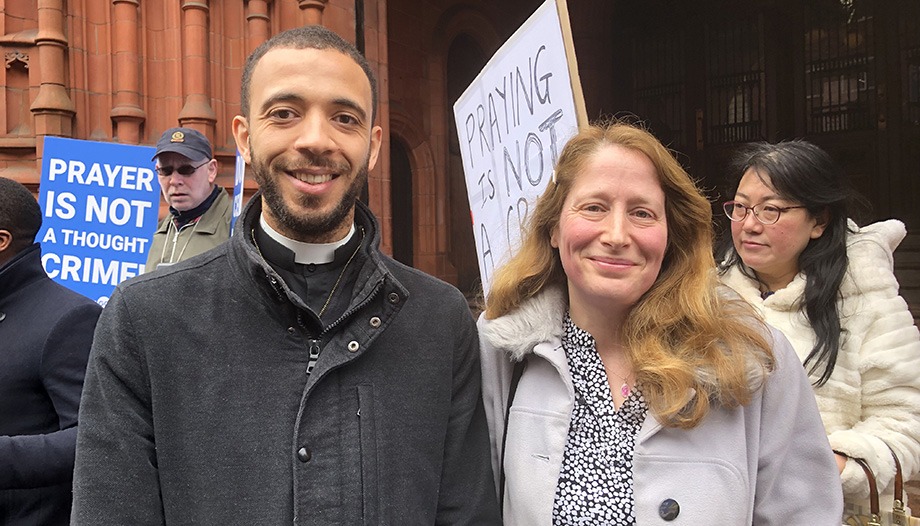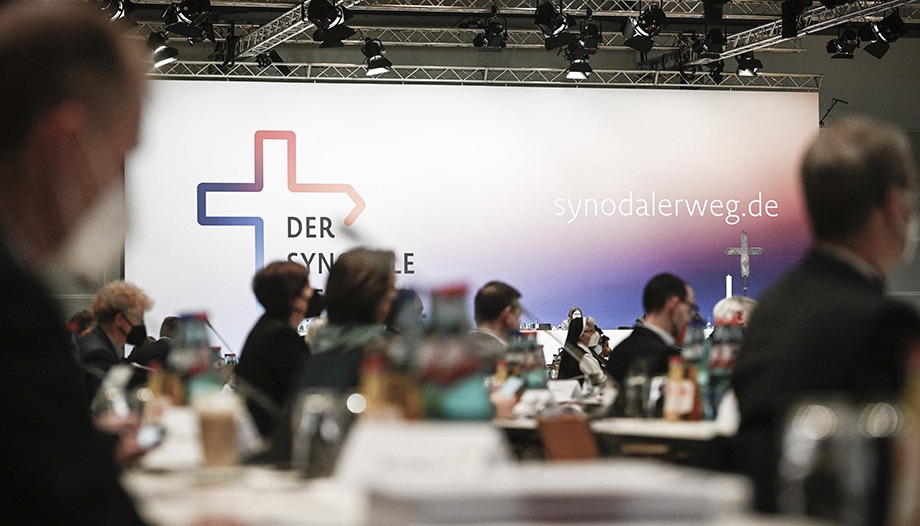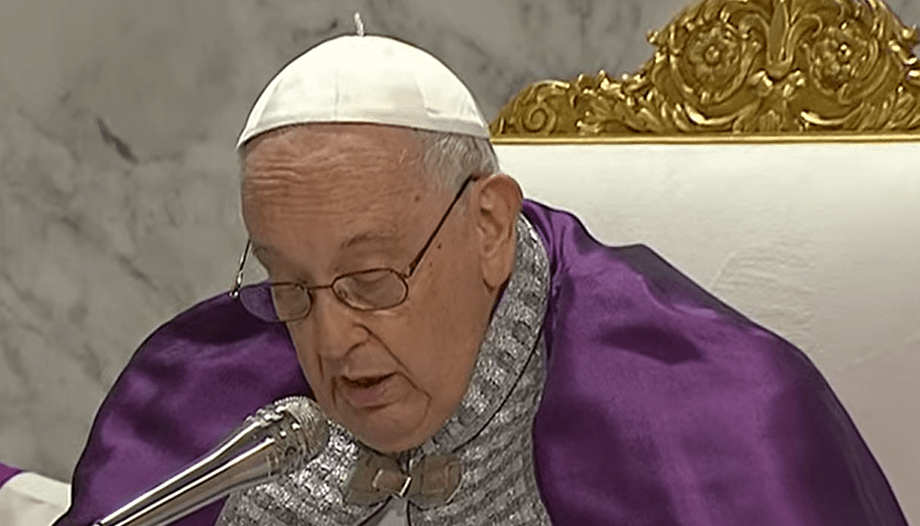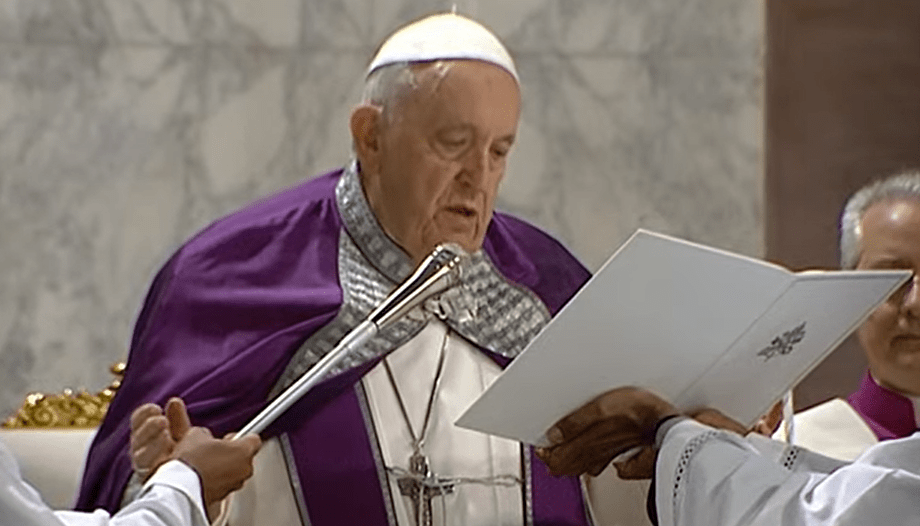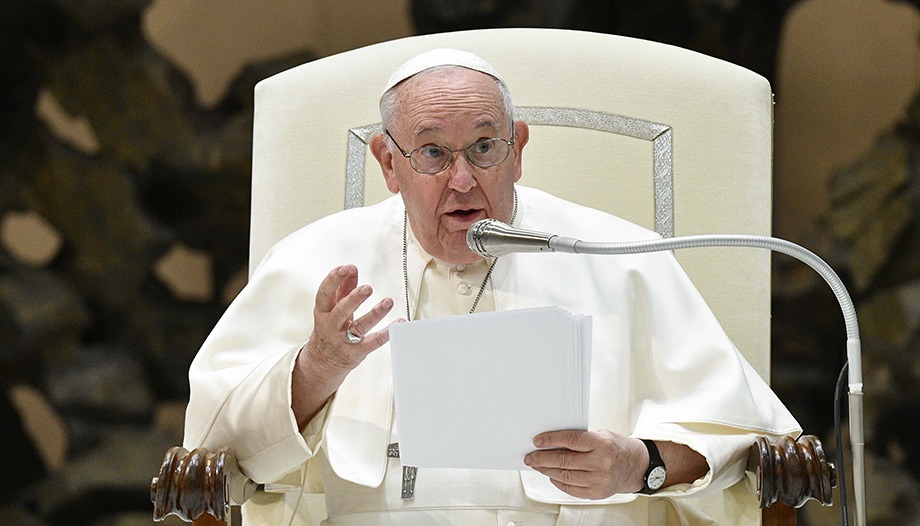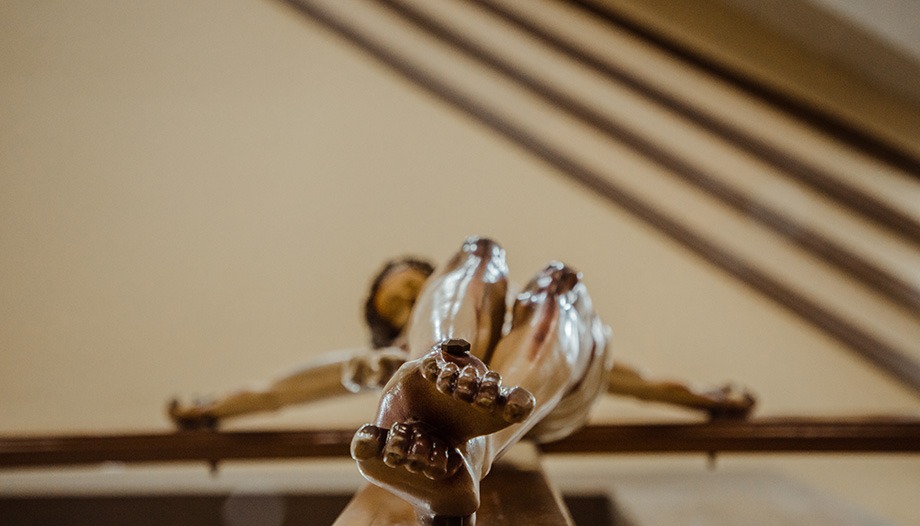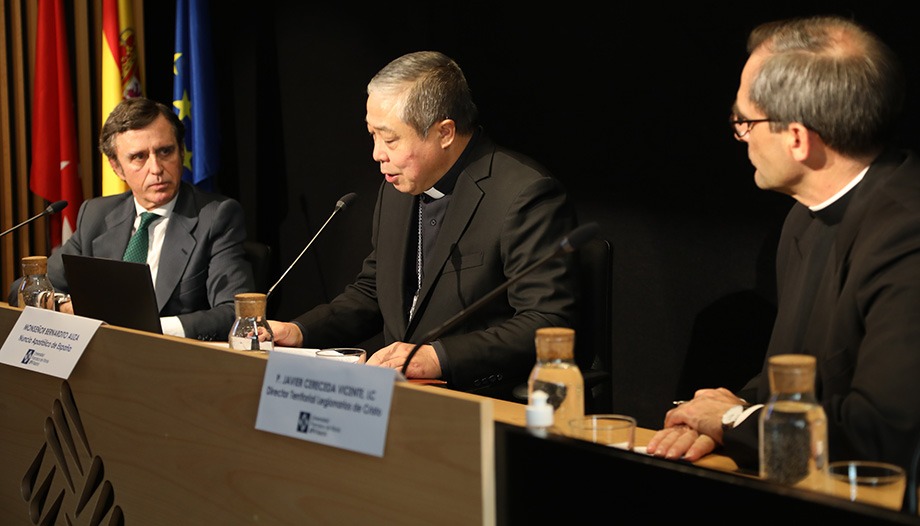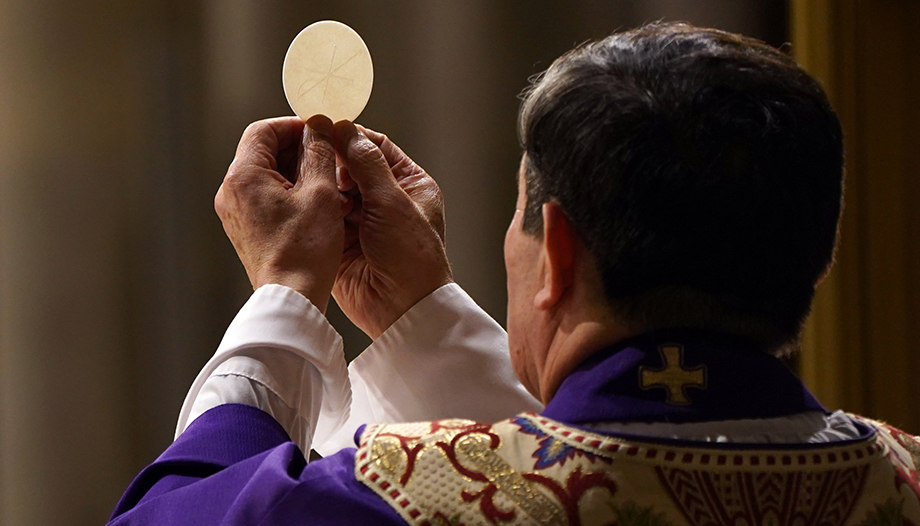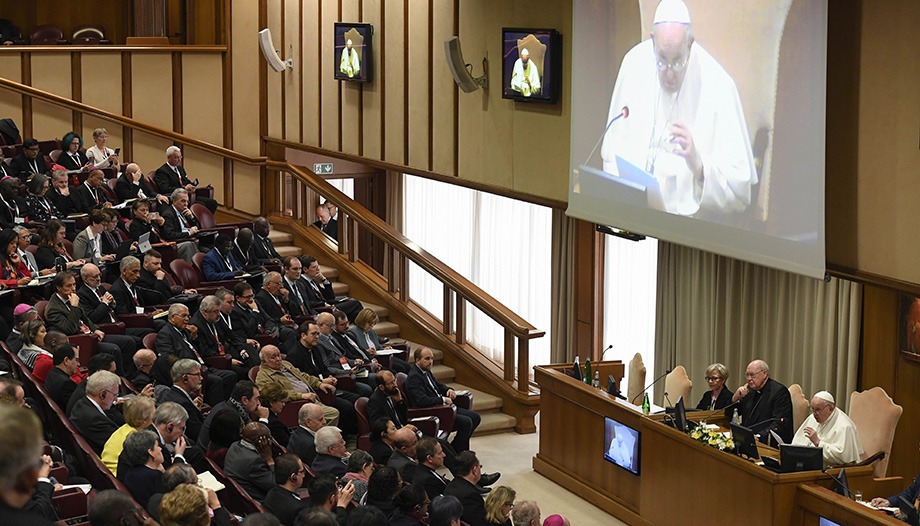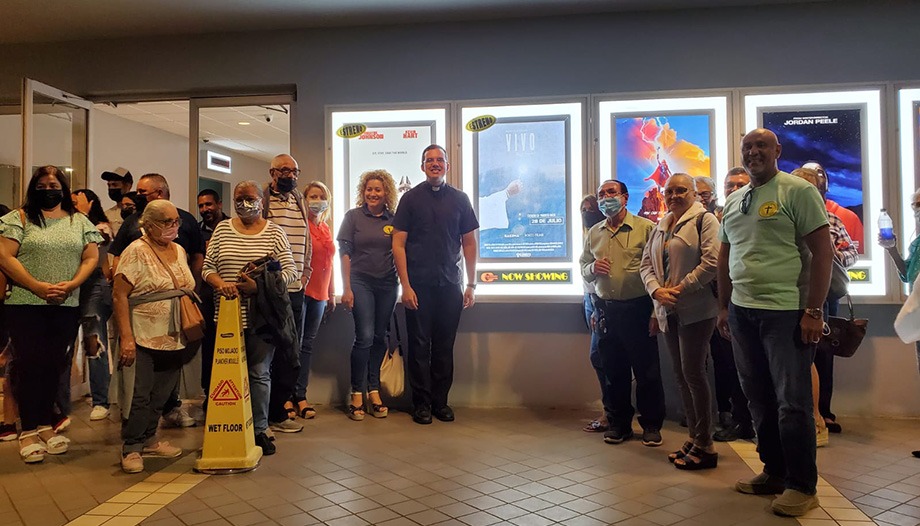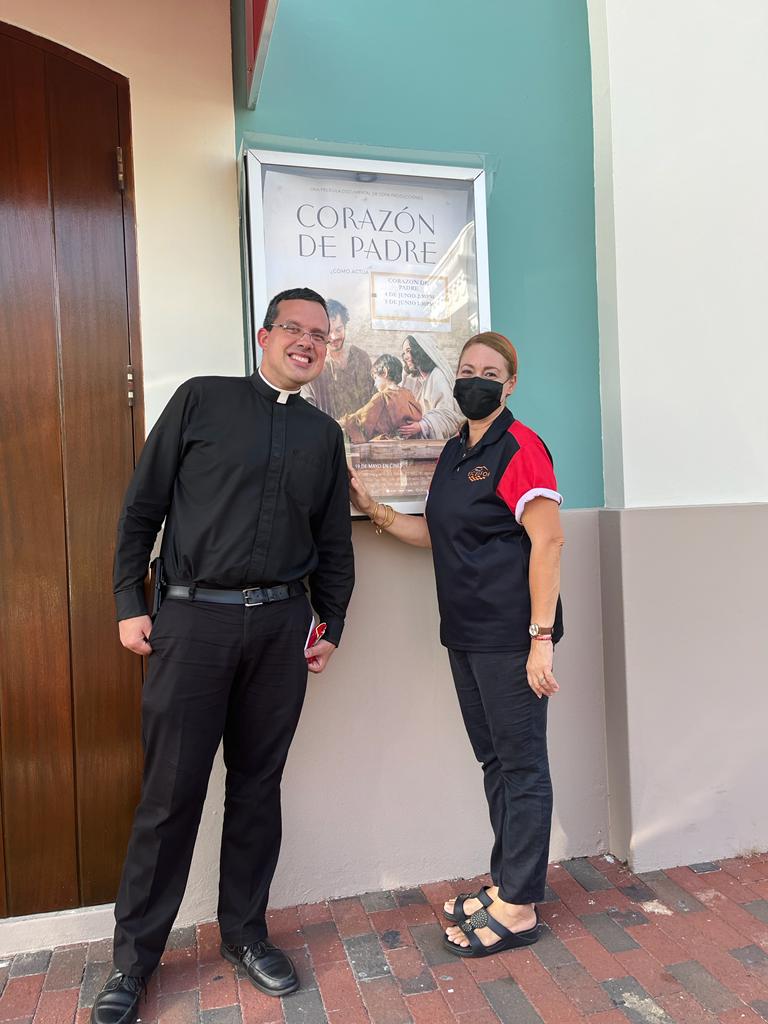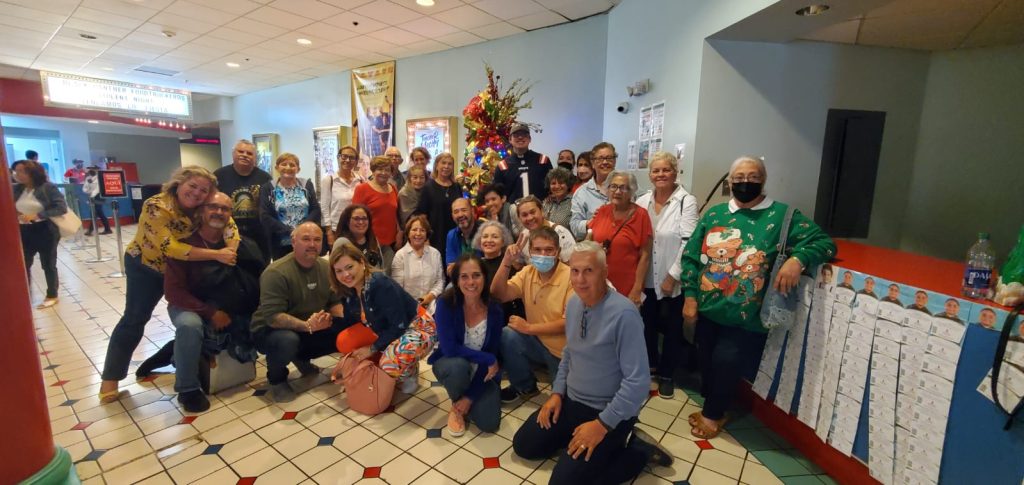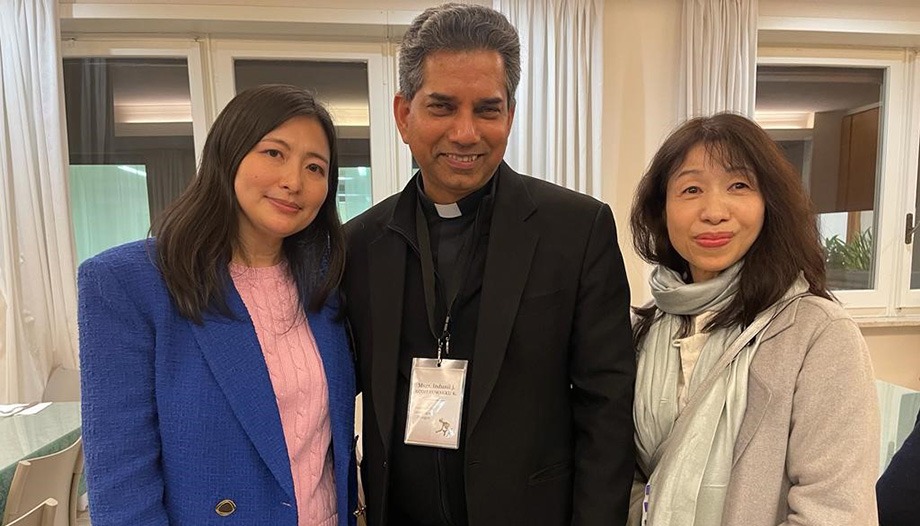There are words that ask to be written, in our world, as cries: enough! (of violence), together! (we must work for peace), no! (to resignation), yes! (to hope). They can represent the Pope's teachings in this travelThe teachings that, as always, challenge us all.
From January 31 to February 5, the Pope made a pastoral trip to the Democratic Republic of the Congo and South Sudan, in order to "witnessing that it is possible and necessary to collaborate in diversity, especially if one shares faith in Jesus Christ" (General Audience, 8-II-2023, in which he took stock of the trip).
As he also said the following Wednesday, already in Rome, the trip was the realization of two old dreams of his: to the Congo ("green heart of Africa", which, together with the Amazon, constitutes the "lung" the world's leading "land rich in resources and bloodied by a war that never ends because there are always those who feed the fire."); and to Sudan (where he was accompanied by the Archbishop of Canterbury Justin Welby, and the Moderator General of the Church of Scotland, Iain Greenschilds).
Seeking peace and justice
The first three days, in Kinshasa (capital of the Democratic Republic of Congo), he addressed a clear message to the nation with two key words: the first negative: Enough! to demand the cessation of the exploitation of this people, in reference to the conflicts and violence associated with diamond mining, which paradoxically have brought about the impoverishment of the people. The second, positive, "together", as an appeal to dignity and respect, together in the name of Christ.
"In a special way" -noted the Pope- "religions, with their heritage of wisdom, are called upon to contribute to this, in their daily effort to renounce all aggression, proselytism and coercion, which are means unworthy of human freedom".".
On the other hand, "when it degenerates by imposing itself, pursuing followers indiscriminately, by deception or force, it plunders the conscience of others and turns its back on the true God, because -let us not forget- 'where the Spirit of the Lord is, there is liberty' (2 Cor 3:17) and where there is no freedom, the Spirit of the Lord is not"(Meeting with the authorities, civil society and the diplomatic corps)., 31-I-2023).
The following day, the Pope celebrated Mass for peace and justice at the Ndolo airport. Taking his cue from St. John's Gospel (Jn 20:20), Francis observed: "Jesus announces peace while the disciples' hearts are full of rubble; he announces life while they feel death inside. In other words, Jesus' peace comes at the moment when everything seemed to be over for them, at the most unforeseen and unexpected moment, when there was no glimpse of peace.".
In a world torn apart by violence and war, the Bishop of Rome pointed out, we Christians cannot allow ourselves to be overcome by sadness, resignation or fatalism; rather, we are called to proclaim the prophetic and unexpected proclamation of peace. To preserve and cultivate peace, Francis proposed three sources: forgiveness, community and mission..
Forgiveness - he said - is born of the wounds of the side and hands of Christ:"It is born when the wounds suffered do not leave scars of hatred, but become a place to make room for others and welcome their weaknesses. Then fragilities become opportunities and forgiveness becomes the path to peace.".
Jesus asks for a great amnesty of the heart, which consists in cleansing the heart of anger and remorse, resentment and envy. He asks us, also as Christians, to lay down our arms, to renounce violence and to embrace mercy; to be able to say to those we meet: "Peace be with you". Therefore, "let us allow ourselves to be forgiven by God and let us forgive one another.".
Worth serving
On the same day, the Pope met with the victims of violence in the east of the country, torn for years by war fueled by economic and political interests. "People" -he remarked- "lives in fear and insecurity, sacrificed on the altar of illegal businesses".". He listened to various testimonies and reaffirmed his "no" to violence and resignation, and his "yes" to reconciliation and hope. He asked God's forgiveness for violence against man. He cried out against the exploitation and sacrifice of innocent victims: "Enough of getting rich at the expense of the weakest, enough of getting rich with resources and blood money!".
With the "no" to violence, he asked them to disarm and demilitarize the heart. With the "no" to resignation, he invited them to strive for fraternity and peace: "We are not going to give up, we are going to give up.A new future will come, if the other, whether Tutsi or Hutu, is no longer an adversary or an enemy, but a brother and a sister - because we are all children of the same Father - in whose heart it is necessary to believe that there is, even if hidden, the same desire for peace.". Also that day, he met with representatives of some charitable works, which work with the poor for the common good and human promotion. "How I wish". -said Francisco. "that the media should give more space to this country and to Africa as a whole.". He deplored, once again, the discarding of the weak (children and the elderly) as inhumane and anti-Christian.
Putting his words into the stories and histories that concrete people brought to him, the Pope invited them so that young people can see "the world as a place where they can see the world and the world as a place where they can see it.faces that overcome indifference by looking people in the eye; hands that do not wield weapons or manipulate money, but reach out to those on the ground and lift them up to their dignity, to the dignity of a child and son of God.".
Therefore, he encouraged them, in their commitment in the social and charitable field, to consider power as service, to strive to overcome inequity in the name of justice and also of faith, which, without works, is dead (cf. James 2:26). He pointed out that charity requires exemplarity (credibility and transparency), breadth of vision (giving life to long-term sustainable projects) and connection (working together in networks and teams to help others, Christian or not).
The meeting with the Congolese youth and catechists (cf. Speech at the Martyrs' Stadium, "The Congolese Youth and Catechists"), Kinshasa, 2-II-2003) must have left a special impression on the Pope, who described it as enthusiastic. It was a catechesis based on the five fingers of his hand, where he indicated five ways in which they could channel their cry for peace and justice, as a force for human and Christian renewal: prayer, community, honesty, forgiveness and service.
It is worth mentioning a few words about the service, ".power that transforms the world". That is why the Pope asked the young people to ask themselves: "What can I do for others? That is, how can I serve the Church, my community, my country?". Considering that in many parts of Africa catechists are the ones who keep Christian communities alive, he thanked them for their service, their light and their hope, and asked them never to lose heart, because Jesus does not leave them alone.
Spiritual life and formation
On February 2, in the Cathedral of Our Lady of the Congo (Kinshasa), Francis met with priests, deacons, men and women religious and seminarians, many of whom were very young. He reminded them of some words of Benedict XVI addressed to African priests: "...".Your witness to peaceful living, across tribal and racial boundaries, can touch hearts and minds." (Apostolic Exhortation Africae munus, 108).
For all this, he recommended them to overcome three temptations: spiritual mediocrity, worldly comfort and superficiality.
Spiritual mediocrity is avoided by taking care of personal prayer (heart to heart), the Mass, the liturgy of the hours and the confession of one's sins, personal prayer (heart to heart), the recitation of the holy Rosary, the "ejaculatories" (small and short prayers that can be recited during the day). "Prayer brings us out of self, opens us to God, puts us back on our feet because it puts us in his hands; it creates in us the space to experience God's closeness, so that his Word becomes familiar to us and, through us, to all those we meet. Without prayer we do not go far".
In such a context - of poverty and suffering - the Pope pointed out that worldly comfort is associated with the risk of".to take advantage of the role we play in satisfying our needs and our comforts"They are to become cold bureaucrats of the spirit, to devote themselves to some profitable business, far from sobriety and interior freedom and neglecting celibacy, instead of working together with the poor.
The third challenge, superficiality, can be overcome with spiritual and theological formation, which must last a lifetime, while remaining open to the concerns of our times, so as to be able to understand the life and needs of people, and thus be able to accompany them. "The wind does not break that which knows how to bend"says a popular saying there. This speaks to us, Francis said, of flexibility, docility and mercy: not to be broken by the winds of division.
In the same vein, he asked the Congolese bishops, gathered at the headquarters of the Episcopal Conference, to serve the people as witnesses of God's love, with compassion, closeness and mercy, with a prophetic spirit that is not political action, but promotion of fraternity.
Ecumenism of peace
The second part of the trip, in South Sudan, took place under the sign of unity, taking into account the two Christian confessions, the Anglican Communion and the Church of Scotland, present in that land. It was a further step in the process - intensified in recent years, but hindered by the violence and arms trafficking encouraged by many so-called civilized countries - of dialogue to achieve peace.
Francis urged bishops, priests and consecrated men and women to avoid clericalism and the temptation to resolve conflicts simply on the basis of alliances with human powers. Docility to God, nourished in prayer, must be the light and source of pastoral ministry, understood and exercised as service to the people of God. The Pope has set Moses as a model of this docility and perseverance in intercession for his people (cf. Meeting in the Cathedral of St. Theresa)., Yuba, 4-II-2023).
Francis especially appreciated the moment of prayer celebrated on the same day with the Anglican friars and with those of the Church of Scotland. In a small country of 11 million inhabitants, there are 4 million displaced persons. It is not surprising that the Pope also wanted to have a special meeting with a group of dThe local Church has been supporting these internal displacements for many years.
Salt and light
The last event of the visit to South Sudan, and of the entire trip, was the Eucharistic celebration in Yuba. The Pope's homily revolved around the words of Jesus: ".You are the salt of the earth [...]. You are the light of the world"(Mt 5:13,14). Salt gives taste to everything and is therefore a symbol of wisdom. And the wisdom that Jesus brings us is that of the Beatitudes. They "affirm that, in order to be blessed - that is, fully happy - we should not seek to be strong, rich and powerful, but rather humble, meek and merciful. Do no harm to anyone, but be builders of peace for all." (Homily at the John Garang Mausoleum, Yuba, 5-II-2023).
Moreover, salt preserves food. And in the Bible, what had to be preserved above all was the covenant with God. Thus it taught: "Thou shalt not let thy oblation lack the salt of the covenant of thy God: thou shalt offer salt upon all thy oblations." (Lev 2:13). Y "Therefore, the disciple of Jesus, as the salt of the earth, is a witness of the covenant that He has made and that we celebrate in every Mass; a new, eternal, unbreakable covenant (cf. 1 Cor 11:25; Heb 9), a love for us that not even our infidelities can harm.".
If in the ancient peoples, salt was a symbol of friendship, being a small ingredient that disappears to give flavor, the Christians, "Even if we are fragile and small, even if our strength seems small in the face of the magnitude of the problems and the blind fury of violence, we can make a decisive contribution to change history. In the name of Jesus, in the name of his Beatitudes, let us lay down the weapons of hatred and vengeance and take up the arms of prayer and charity.".
Jesus also uses the image of light, bringing to fulfillment an ancient prophecy about Israel: "...".I destine you to be the light of the nations, so that my salvation may reach to the ends of the earth."(Is 49:6). Jesus is the true light (cf. Jn 1:5,9, Jn 8:12). And he has asked us Christians to be the light of the world, as a city set on high, as a lampstand that will not be extinguished (cf. Mt 5:14-16); for the works of evil must not extinguish the air of our witness.
Finally, Francis wanted to leave them with two words: Esperanza, "as a gift to shareThe "St. Josephine Bakhita, who, with God's grace, transformed her suffering into hope. Y peaceunder the mantle of Mary, Queen of Peace.





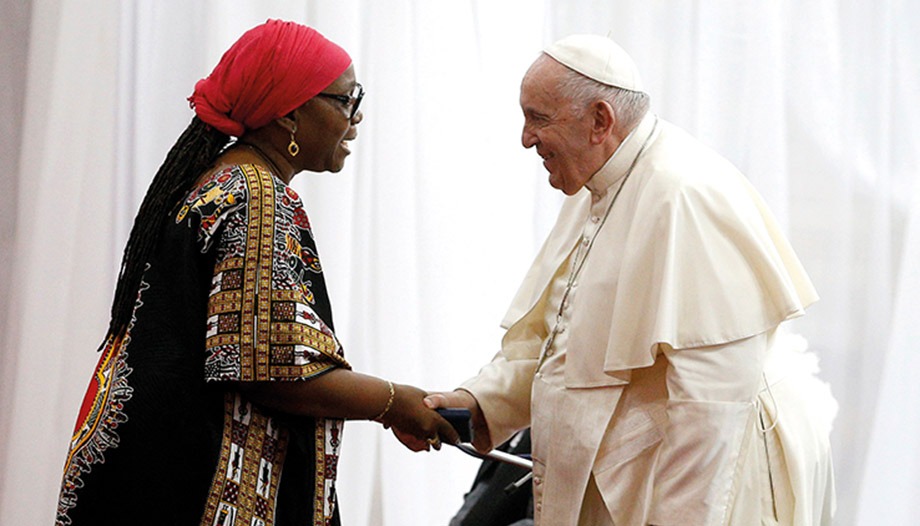





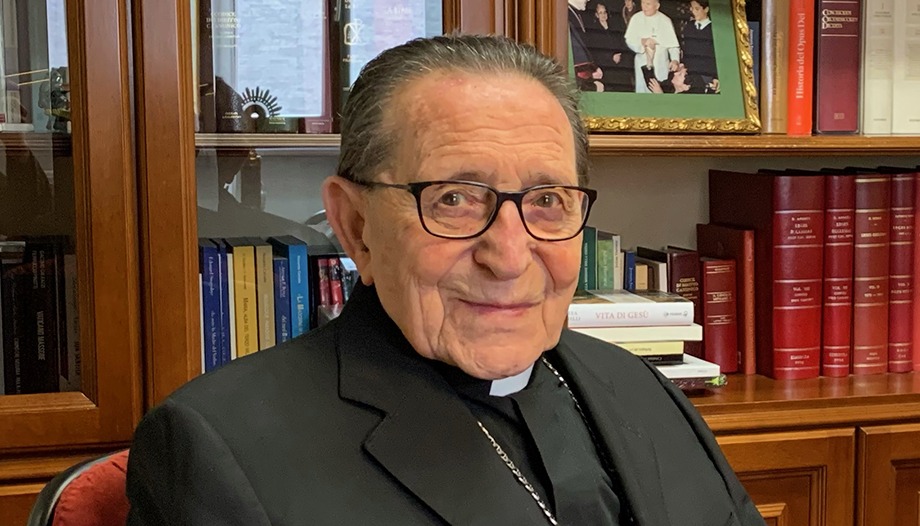
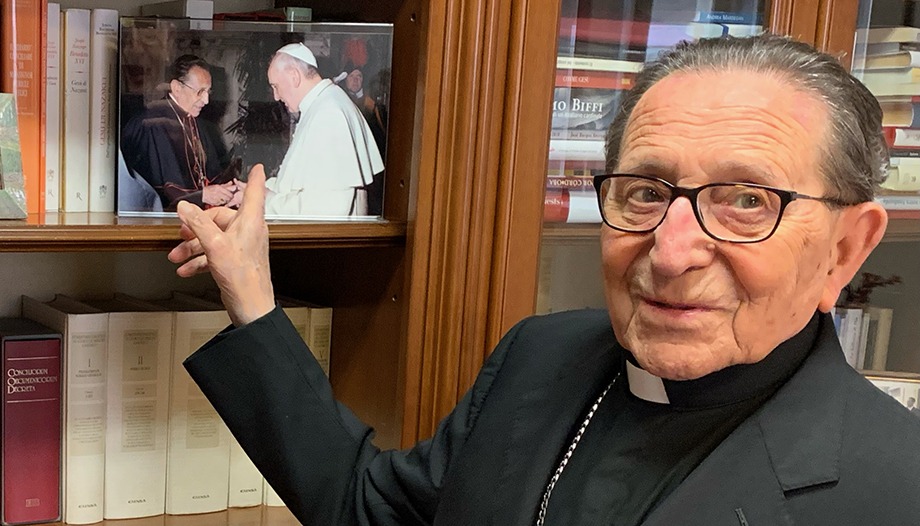
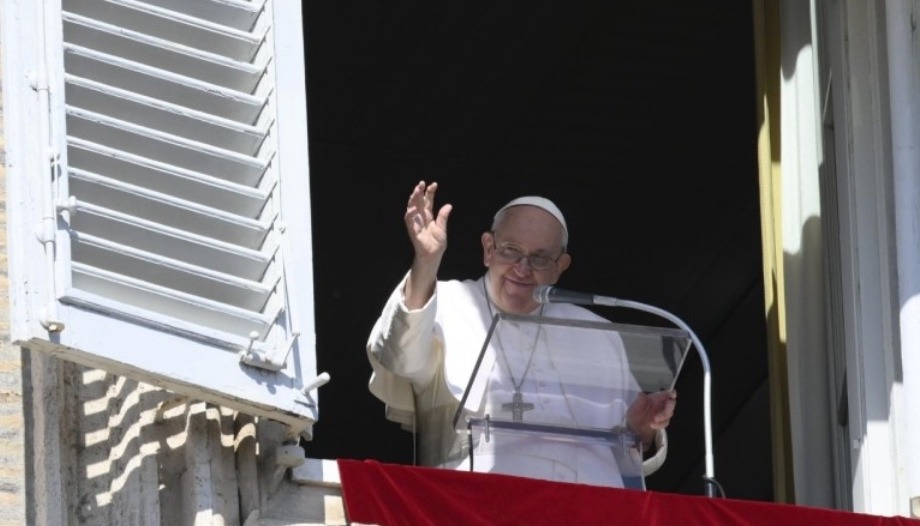
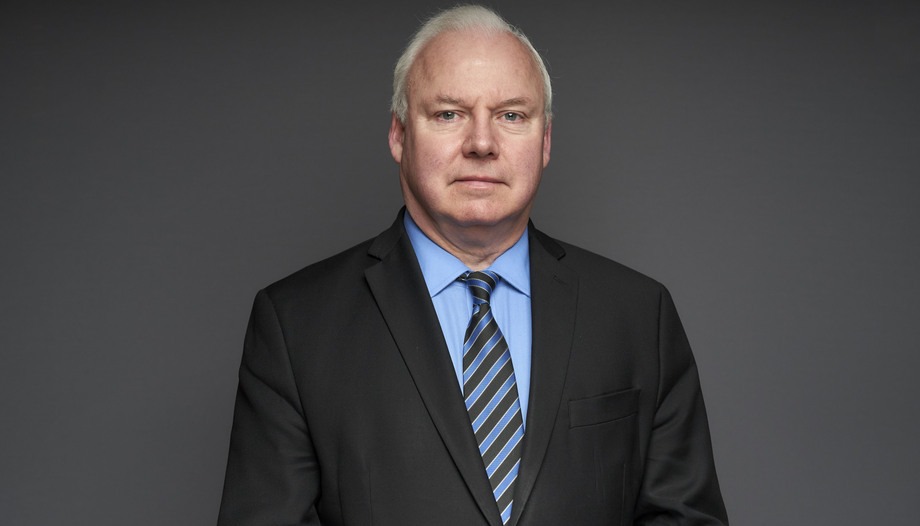
 Educating the virtue of fortitude from childhood: a challenge in 21st century education.
Educating the virtue of fortitude from childhood: a challenge in 21st century education.